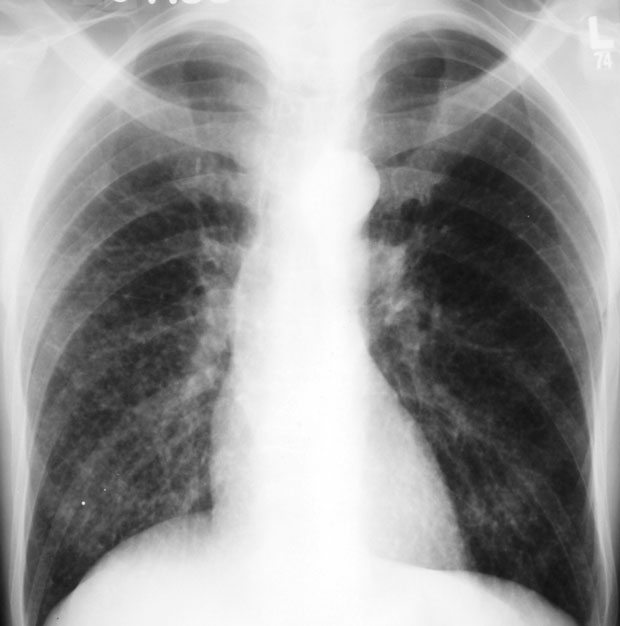Latest updates on ACP's priorities, initiatives
ACP Spotlight offers readers a look at ACP's current top priorities and initiatives, as well as highlights from our e-newsletter, I.M. Matters Weekly from ACP.
AI-powered tool addresses conversations on obesity management

ACP offers an innovative new tool for conversations on obesity management that can help ACP members enhance their communication skills when counseling about weight. The tool is based on the counseling concepts offered in Obesity Management 1: Lifestyle Modification, the first module in the ACP Obesity Management Learning Series.
Users can:
- practice real-time conversations with a simulated patient, using their microphone or keyboard;
- apply the 5As framework (ask, assess, advise, agree, and assist) under the pressure of a realistic 10-minute session to approximate a busy clinical environment; and
- gain valuable, individualized feedback with evidence-based insights to refine their approach and opportunities to practice again with other patient scenarios.
Visit the Obesity Management Learning Hub to explore the new tool and other related resources.
Governor-elect election results announced
The Executive Committee of the Board of Governors is pleased to announce the Governor-elect Designees (GEDs) representing the Class of 2030. The GEDs will start their terms as Governors-elect after the Annual Business Meeting on April 5, 2025. They will take office as Governors in April 2026.
Case study examines professionalism, boundaries in the patient-physician relationship
A new ethics case study, “Chaperones, Professional Boundaries and the Potential for Misunderstandings,” is available.
The case study reviews the duty of all physicians to uphold the core values of medicine and professionalism in their interactions with patients, preserving the trust foundational to the patient-physician relationship. Physicians must be aware of and avoid interactions that are or may be perceived as of a sexual nature. The presence of a chaperone, particularly for intimate examinations, can help avoid misunderstanding and protect both the patient and the physician.
The ethics case study was developed by ACP's Ethics, Professionalism and Human Rights Committee. ACP members can claim CME and MOC points after reading the case study and completing the required survey. The case study and more information about ACP's ethics and professionalism activities are online.
New edition of ACP's The Works released
ACP has released a new edition of The Works, a collection of wide-ranging educational recordings. The library includes more than 240 total hours of internal medicine content and allows physicians to learn at their own pace, stay on top of current topics in internal medicine, and meet CME and MOC credit requirements throughout the year. The Works package features ACP CME 175 recordings, ACP Internal Medicine Course Recordings 2024, and the ACP Audio app and Board Review Sampler.
ICYMI: Highlights from I.M. Matters Weekly
- Cost-effectiveness of HPV vaccination after age 26 low, varies by risk factors. A model found that human papillomavirus (HPV) vaccination of men and women ages 27 to 45 years cost $2,005,000 per quality-adjusted life-year gained, while vaccinating patients in this age range who had more partners or had recently left a relationship was more cost-effective. The authors noted that their findings differed from those in a previous analysis because rising HPV vaccination rates among those age 26 years and younger have reduced the potential benefit of vaccinating older patients. The study was published Nov. 26, 2024, by Annals of Internal Medicine and summarized in the Dec. 3, 2024, I.M. Matters Weekly from ACP.
- Risk for CVD events elevated years before type 2 diabetes diagnosis. A Danish study found that patients with type 2 diabetes had a twofold higher prevalence of cardiovascular disease (CVD) events as long as three decades before their diagnosis versus matched comparators. An accompanying editorial called for urgent action, including systems-based approaches, integrated clinical care, a robust public health infrastructure, and investment in health equity, to help combat the global burden of metabolic multimorbidity chronic conditions. The study and editorial were published Nov. 25, 2024, by JACC and summarized in the Dec. 3, 2024, I.M. Matters Weekly from ACP.
I.M. Matters Weekly from ACP is an e-newsletter published every Tuesday and available online. Subscribe online.




